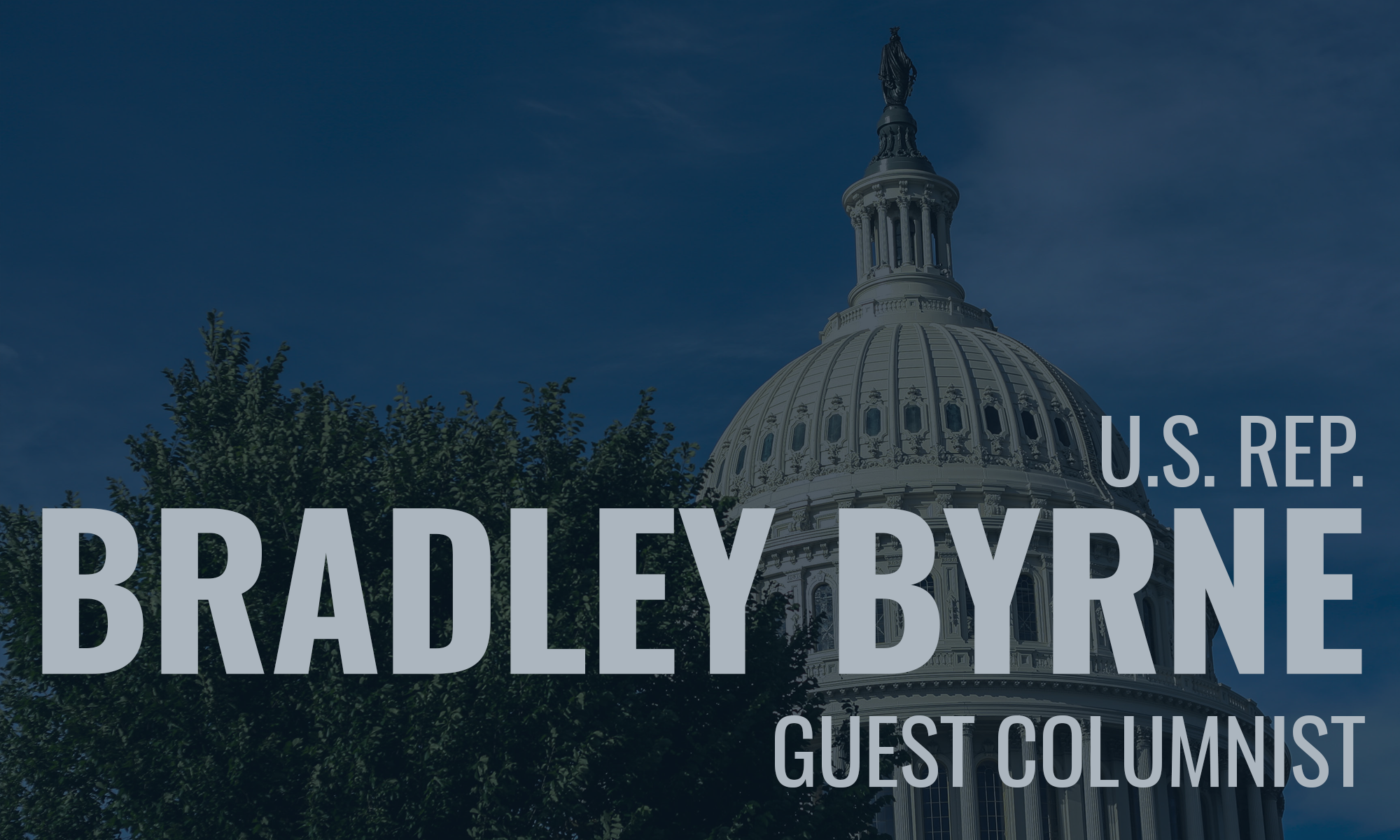Our rural communities truly are the backbone of our nation. They clothe us and feed us, and they manufacture many of the goods we use every day.
According to the U.S. Department of Agriculture, nearly 60 million Americans live in rural communities.
For too long, these 60 million Americans have been fighting global forces alone. Thankfully, we now have a fighter in the White House for rural America.
Not only has Washington neglected to fight for rural Americans. It has often been part of the problem.
During the Obama Administration, officials at the U.S. Environmental Protection Agency (EPA) and Army Corps of Engineers (Corps) conspired to propose a new Waters of the US (WOTUS) rule. This rule would redefine the term “navigable waterways” to include everything from family fishing ponds to small backyard ditches.
I pride myself on championing commonsense policies to protect our natural resources. But to call a ditch that only holds water after a heavy rain a “navigable water” does not pass the smell test. Some of these bureaucrats hidden away in Washington should take a ride up the Alabama River to see a real navigable waterway.
This vast expansion of the Clean Water Act’s jurisdiction to areas never intended by Congress was, at best, misguided. It may have violated the law.
It would have subjected farmers, foresters, municipalities, and small businesses to additional federal regulation and added compliance costs. It was a job killer that did little to protect our environment.
Let’s call it what it was – a power grab by an overzealous federal government.
Last week, the Trump EPA and Corps finalized a rule repealing the Obama-era WOTUS rule.
It is difficult to overstate the significance of this victory. It was a promise made by President Trump in his campaign to overturn the harmful WOTUS rule, and he truly delivered here.
The Trump administration has done much more for our rural communities, including in health care.
If you live in a rural community, you know how vital a hospital can be. In addition to treating us when we are sick and caring for us in an emergency, rural hospitals are a critical selling point to prospective employers and job seekers.
You also are aware of the struggles so many of our rural hospitals have faced. A significant driver of these hardships has been an outdated wage index formula that gave millions of dollars in Medicare reimbursements that should have gone to Alabama to large urban centers.
This issue has been a priority of mine. Thankfully, the Trump administration was willing to listen to me and other colleagues on the severity of the wage index problem. Earlier this year, after over two years of working with the administration, the decision was made to implement a much more equitable formula.
This means millions of dollars will be sent to Alabama hospitals. These dollars will mean so much to our rural hospitals and the communities they serve.
Another area our rural communities have lagged is broadband access. Broadband is almost as important today as electricity was a century ago.
Not only is it essential for most modern jobs, but our schools increasingly rely on high-speed internet to teach our children. Without access to broadband, our rural communities lack access to much of the modern technology of today.
I’ve been proud to support President Trump’s actions to aid rural broadband expansion by expediting federal permitting and making it easier for wireless operators to put cell towers on federal lands.
With government out of the way, our rural broadband infrastructure will continue to grow.
Our rural communities are worth fighting for. I promise to continue advocating for our people and our values in Washington.



















































